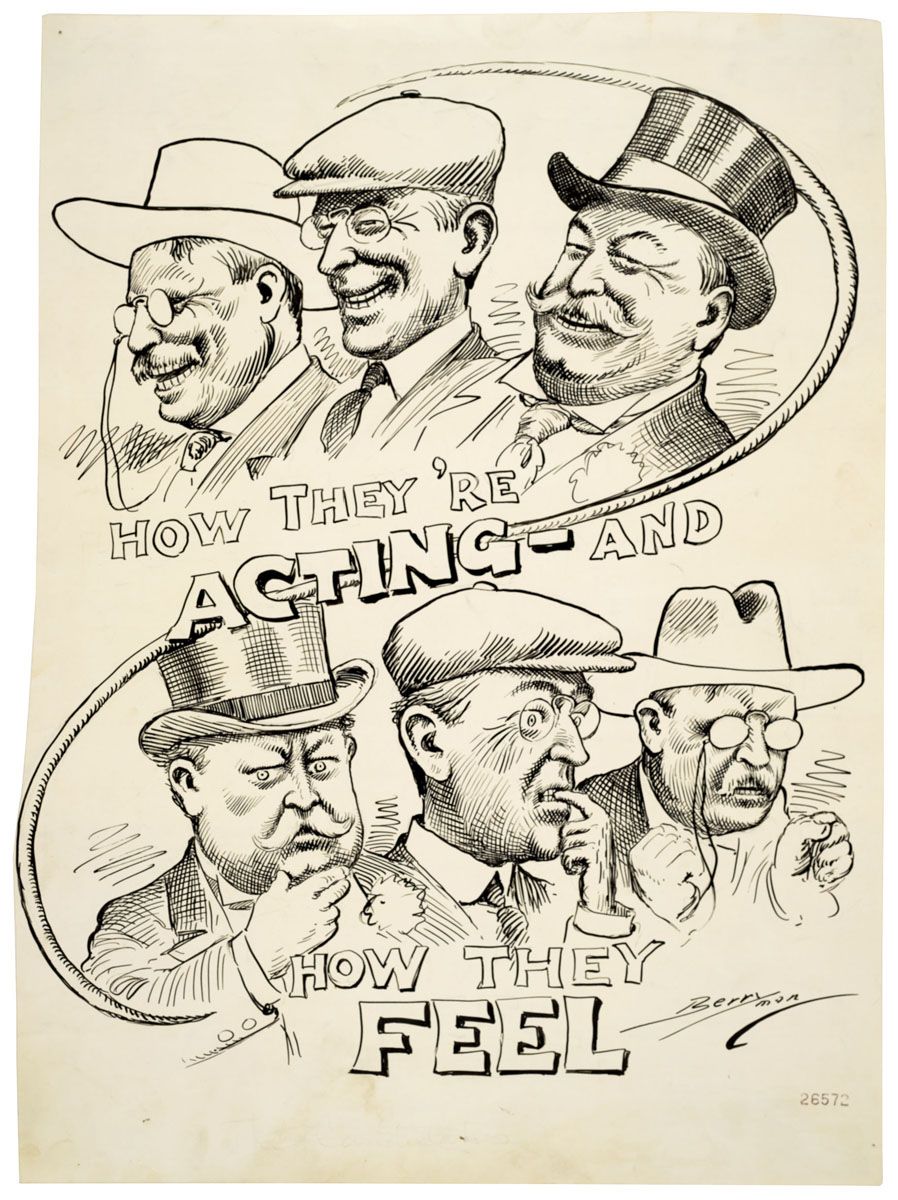The 2024 general election is set to be a rematch between President Joe Biden and former President Donald Trump. If that’s not the ballot you were hoping to see in November, you’re not alone.
"Americans are really not very happy with their government and the two major parties right now," said Dr. Bernard Tamas, associate professor at Valdosta State University.
It’s drawing attention to an often-overlooked force in American politics — third-party candidates.
Tamas is an expert on third party politics. He said, “the point of third parties in the U.S. is to bring up issues and, effectively, use the threat of spoiling as a way to get the major parties to focus in on them.”
It’s not a new playbook.
In 1912 Teddy Roosevelt ran as a third-party candidate — splitting Republican votes and handing the election to the Democratic candidate, Woodrow Wilson.

“Teddy Roosevelt did not win that election, but they had a devastating impact on the Republicans, who then really found themselves moving much more towards the center,” said Tamas.
Accusations of election spoiling were lobbied against Ross Perot in 1992 and against Ralph Nader in the hotly contested election of 2000.
Polls suggest support for a third party continues to grow. A 2023 Gallup poll found that 63% of Americans said they believe a third party is needed.
Still, structural obstacles make it hard for third-party candidates to gain much traction, particularly in federal elections.
“The biggest problem for third parties in America is money,” said Tamas. “In the U.S. to run for even, let’s say, a congressional seat, you need millions of dollars,” said Tamas.
It’s an even greater hurdle in a presidential race, where campaign spending is counted in billions.
And then there’s the Electoral College, in which most states award votes based on a winner-take-all system.
“What you would need in the in the United States is some form of proportional representation,” said Tamas.
It’s a system that’s used in many European democracies where voting districts elect multiple representatives, and congressional seats are awarded according to the percentage of the popular vote that each party wins.
The system gives third parties a voice in government and a better chance at winning presidential elections.
Without this type of major structural change, Tamas says the power of third-party candidates hinges on their potential for spoiling elections.
“If you’re looking for a third-party candidate to win the White House, you’re not going to be happy. But that should not be the definition of success,” said Tamas.
“In a sense, their job is to be a spoiler with a purpose. And that purpose is to get them to respond to whatever issues that they’re not dealing with,” said Tamas.
Now, as recent election results get tighter and tighter, come November, third-party candidates may take center stage with just a few votes.





